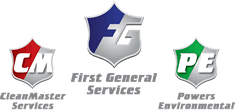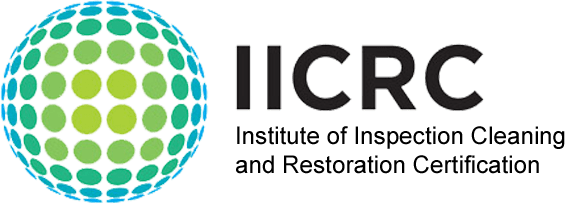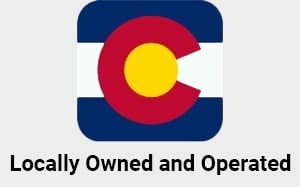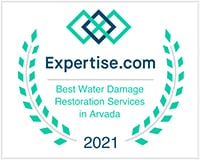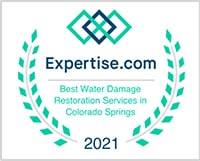If you have ever rented or owned a property in Colorado, you have likely been warned already about leaving your heat off – or too low- during the winter months when you leave your home. You have also probably been provided tips on how to properly winterize your sprinkler systems and prevent frozen pipes throughout your home on those exceptionally cold nights. So we know that freeze breaks happen- and that they are detrimental to the property. But why- and how- do they occur?
Here are some quick scientific facts about what is happening in those pipes behind your walls- and why ice and frozen pipes can reek havoc on your plumbing/ pipes:
Did you know?
*Unprotected pipes are susceptible to cold temperatures because water expands when it goes from liquid to solid form.
*A gallon of water, when frozen will expand to a volume 9% greater than the original gallon.
*Ice blockage becomes more likely when outside temperatures drop to below freezing (32 degrees Fahrenheit)
*A cold wind reaching unprotected pipes quickly removes heat and increases the chance of ice formation.
*Water pressure that builds between the ice blockage and a closed faucet can burst the pipe.
So what can you do to prevent Ice build up and freezing pipes?
-Make sure that your pipes running water through them are insulated, and in an insulated/ heated room.
-Make sure you prevent wind from flowing in through any crawlspace or unprotected vents, which can inadvertently let in cold air and accelerate the freezing process.
-Check in on your pipes, faucets, spigots, etc. regularly.
-Read our Winter is Coming post, which includes tips from the Red Cross on how to specifically prevent frozen pipes as cold temperatures set in for the season.
Have you experienced a pipe freeze break before? Chances are then that you already know how costly and burdensome the effects of a water loss can be on you, your home, your family, and/ or your business. Read here to identify what the Most Common Causes of Water Damage are in your property. To ensure you minimize your chances of having to cope with another water loss in your property, read the tips CleanMaster Services offers in the post: Proactively Preventing a Water Loss in Your Property.
Are you currently dealing with a pipe freeze break in your home? Our post on Water Damage in your Property: What Now? features the “do’s” and “don’ts” of responding to a water loss in your home or business. If you live in Colorado Springs, Castle Rock, or the greater Denver Metro area- and you need assistance with water clean-up, water mitigation and/ or water damage left behind- CleanMaster Services can help. Our water mitigation team offers 24/7 Emergency response services- so contact us now!
